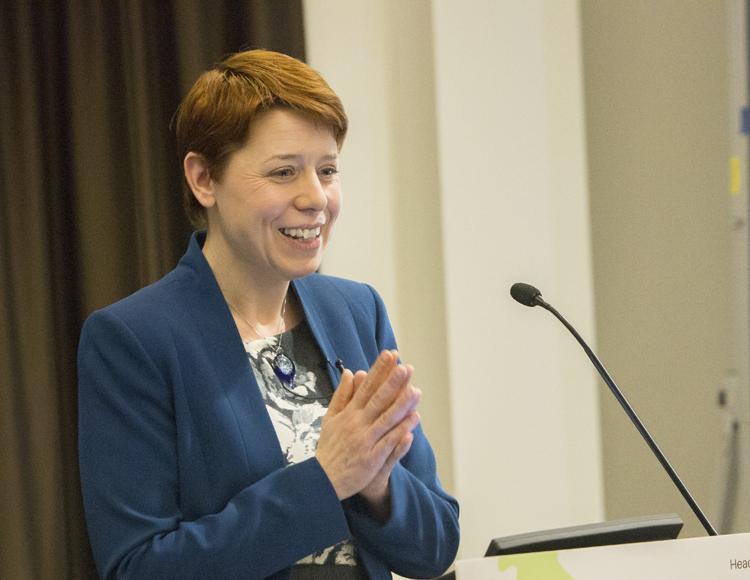Tackling Muslim employment inequalities at risk from loss of Euro funding

Is there anything untouched by Brexit? Well in the employment support sector, the answer is, frankly no. The Women and Equalities Select Committee published an important report today calling on the Government to tackle Muslim employment inequalities. However, the progress which the report recommends could be be fundamentally undermined if European spending is not replaced after the UK leaves the European Union.
Today’s report starkly highlights the economic disadvantages faced by Muslim communities, with 12.8% unemployment compared to 5.4% for the general population. Healthy communities are working communities, and tackling these inequalities requires tailored employment support tailored to each jobseeker, which is often best delivered by specialist organisations in the heart of local communities.
As the membership body for the back to work sector, we know from our members’ experience that it is through tailored initiatives, such as holding community job ‘melas’ and helping employers to meet the needs of Muslim employees, that real progress is being made. For instance, one of our members has been working closely with Jobcentre Plus to support SMEs in England and Wales to audit their ethnicity profiles and draw up action plans and practical solutions to address underrepresentation of minority groups. Another frontline provider has developed projects in Bradford, Leicester and Bury where madrassahs, Islamic educational institutions, teach a range of academic subjects, especially English, while working closely with mainstream schools.
However, schemes delivered by specialist organisations are currently often funded by European Social Fund (ESF) spend, which supports programmes focused on issues such as employment, skills, financial inclusion and community cohesion. Following the EU referendum result, this social spending is now at risk. Given that ESF is currently worth over £500 million a year across the UK, failing to adequately replace it in the future would be a serious blow to the progress fof the jobseekers and communities highlighted by today’s report.
Aside from ESF, there are other challenges which must be overcome if we are to reduce Muslim employment inequalities, such asthe upcoming changes to Universal Credit which have the potential to make things worse, not better, for some groups if they are not adequately supported.
In future, the partners of those making a claim under Universal Credit will be subject to ‘conditionality’, meaning they may be required to take steps to increase the family income or, potentially, face a sanction. These changes could disproportionately affect non-working spouses from specific communities, who for whatever reason – including a lack of English – may not understand the implications of these policy changes. There is real concern that some households may end up unfairly penalised if these new rules are not clearly explained. It is therefore a positive step to see that today’s report highlights this issue and makes the case, as recommended by ERSA during the Committee sessions, for additional tailored support for such groups.
The employment inequalities facing Muslim jobseekers revealed in today’s report are unacceptable. Tackling them will be a challenge, but not an insurmountable one, if the Government ensures that specialist, tailored services are provided in local communities. However, any such progress will be undeliverable if we fail to take the necessary steps to protect individuals from one of the biggest challenges on the horizon – the loss of ESF spending and its potential impact on communities across the UK.
Kirsty McHugh, Chief Executive, ERSA












Responses